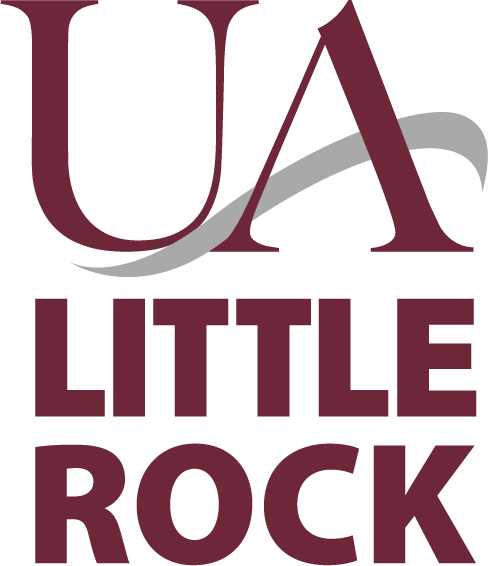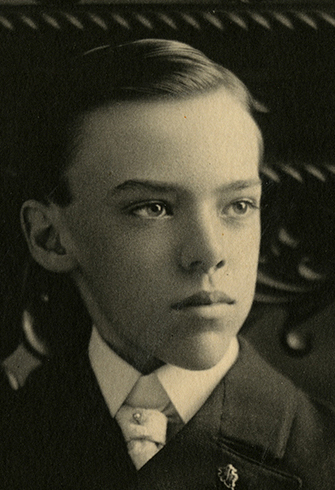Many scholars consider John Gould Fletcher, poet and essayist, to be among the more influential twentieth-century literary figures. He won the Pulitzer Prize for Poetry in 1938 and participated in the literary movements of Agrarianism, Imagism, Modernism, and Romanticism that shaped twentieth-century literature.
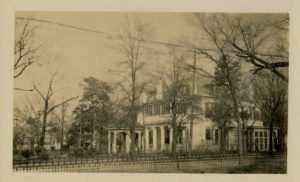
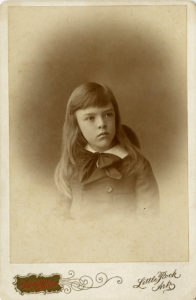
Fletcher was born on January 3, 1886, in Little Rock, Arkansas, to John G. Fletcher and Adolphine Krause Fletcher. He was the youngest of three children. Fletcher, Sr., was a Civil War veteran, attorney, and wealthy cotton speculator. He married Adolphine Krause on September 4, 1877, when he was forty-six years old. Adolphine Krause, of German decent, was twenty-three years old at the time of her marriage. In addition to John, the couple had two daughters, Adolphine and Mary.
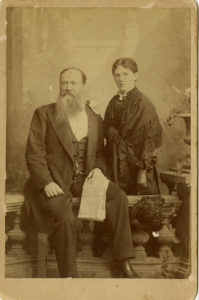
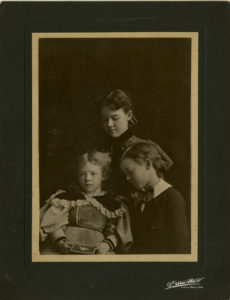
Fletcher’s mother promoted the arts to her young son but was disappointed that he did not have the musical ability to master the piano. She also kept a close watch on him as a child and refused to let him leave the grounds of their Victorian home, a residence built by attorney Albert Pike in 1840. As a child, Fletcher found the house isolating, a theme later reflected in his literature.
At age ten, Fletcher attended a private academy, where he delighted in literature but did poorly in mathematics, grammar, and public speaking. Fletcher entered public school at the age of thirteen but, again, remained disinterested in everything but literature. In 1902, his father sent him to Phillips Academy in Andover in preparation for matriculation into Harvard College in Boston, Massachusetts.
Though Fletcher successfully entered Harvard College in the fall of 1903, he once again followed his own interests such as attending Boston Symphony concerts, ignoring the drudgery of class work and his parents’ wishes that he study law or business.
